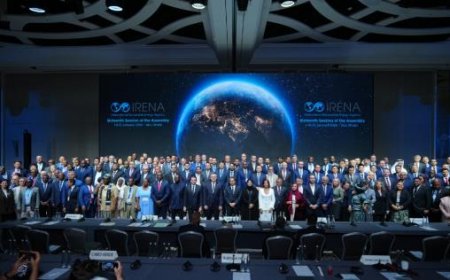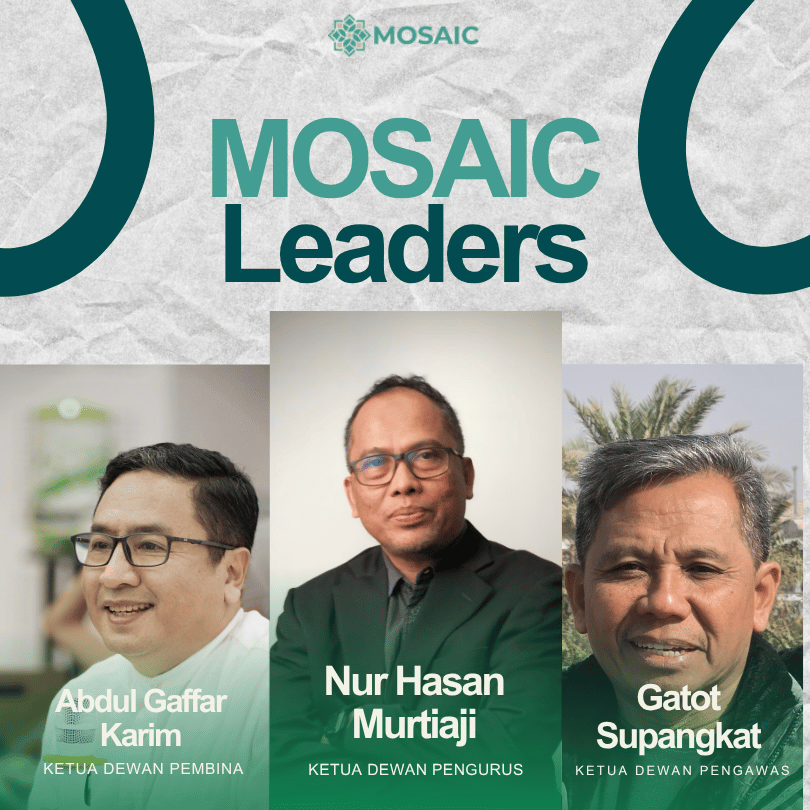It's time for pilgrims to pay attention to the environment
When consuming bottled water, it is important that we check whether the packaging is recyclable or not.
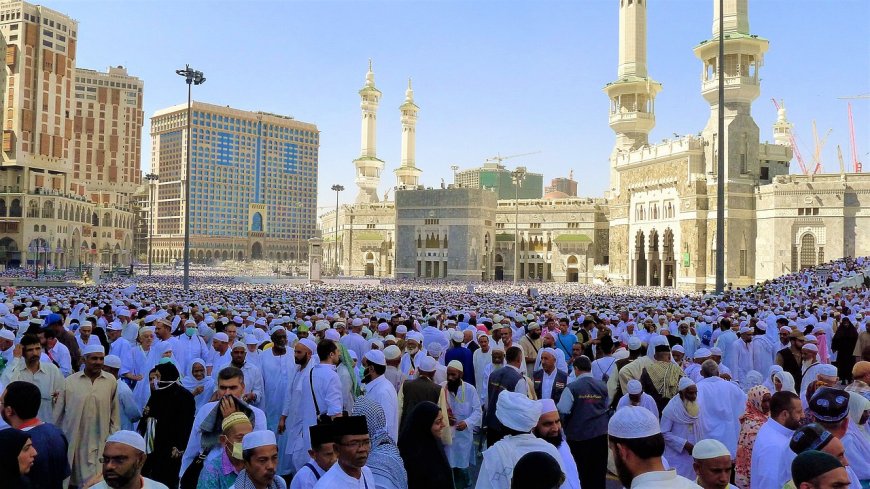
May 12 became the momentum of the first flying group (Kloter) from Jakarta Pondok Gede Embarkation (JKG) departing for Tanah Suci. Worshippers to be let go by Religious Affairs Minister Yaqut Cholil Qoumas will head to Medina to perform a 40-hour prayer service (erbain) at the Nabawi Mosque. After nine days in the prophet's city, they will shift to the Masjid al-Haram. As in previous years, the 221,000 Indonesian pilgrims will spend about 41 days in the Holy Land.
Hot weather will welcome worshippers in the Holy Land from 40-50 degrees Celsius. Researchers say global temperatures will rise to 2.5 degrees Celsius this year. The hot weather in Saudi Arabia is not separate from the factors of climate change that is affecting many countries. The momentum of the hajj, where 1.5 million worshippers gathered, also has the potential to address climate issues that are the result of increased waste volumes, air pollution and increased use of fossil energy.
As Muslims, it is our duty to contribute to conservation and environmental preservation efforts. All the charity we do toward men, animals, and all living things on earth, as temporary abode will be counted, with no exception to the great feasts such as the Hajj.
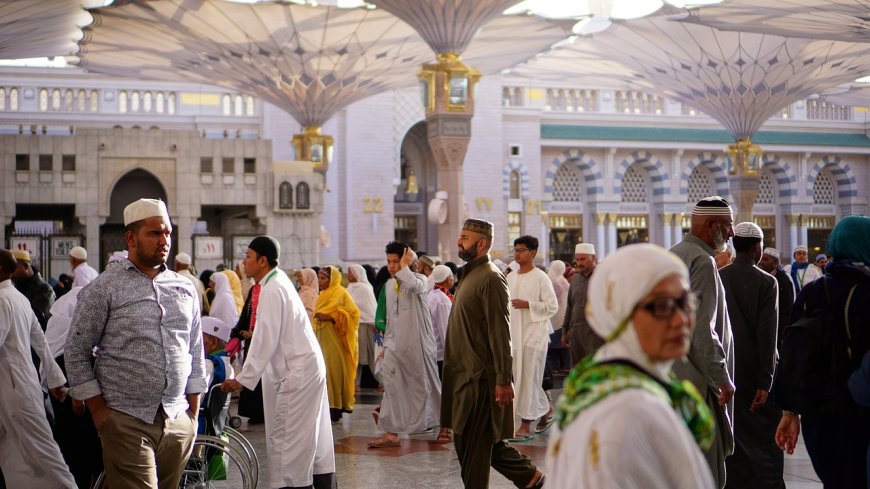
By pioneering sustainable lifestyles, sharing information and spreading awareness to humanity, we can practice Hajj and Umrah. The priority of every Muslim in the worship of the Hajj must be clearly connected with our religious duties. Hajj and Umrah is not a holiday but a special spiritual occasion. While preparing for the Hajj, there are many ways for us to suppress the negative impacts that could disrupt the sustainability of our planet and humanity. Here are the green Hajj guidelines compiled by Dr Husna Ahmad in The Green Guide for Hajj and Umrah.
1. Meals
When buying food, you should check that the packaging of the product is environmentally friendly and has a plastic-free label. Some products may have a fair trade logo. This means that the production meets fair trade standards such as fair treatment, pay and proper employment for workers. Many products may also have organic labels because they do not use pesticides that are harmful to the earth and respect animals.
2. Drinks
When thirsty and about to buy beverage products, there are several factors that we should be aware of. For example, avoiding packaged soda drinks that come from large companies could contribute to lowering plastic packaged products. Coca-Cola, PepsiCo and Nestle, for example, are popular brands but already produce more than half a million tons of plastic each year in six developing countries, the equivalent of 83 football fields. It would be better for worshippers to use tumblers that can keep the water temperature cool in the face of hot weather.
If they are forced to consume bottled water, it is important for worshippers to check whether the plastic is recyclable or look for bottles that have at least some recyclable material. Special labels can be found under bottles or plastic packaging items. You can also throw this bottle in the trash that already has a mark.
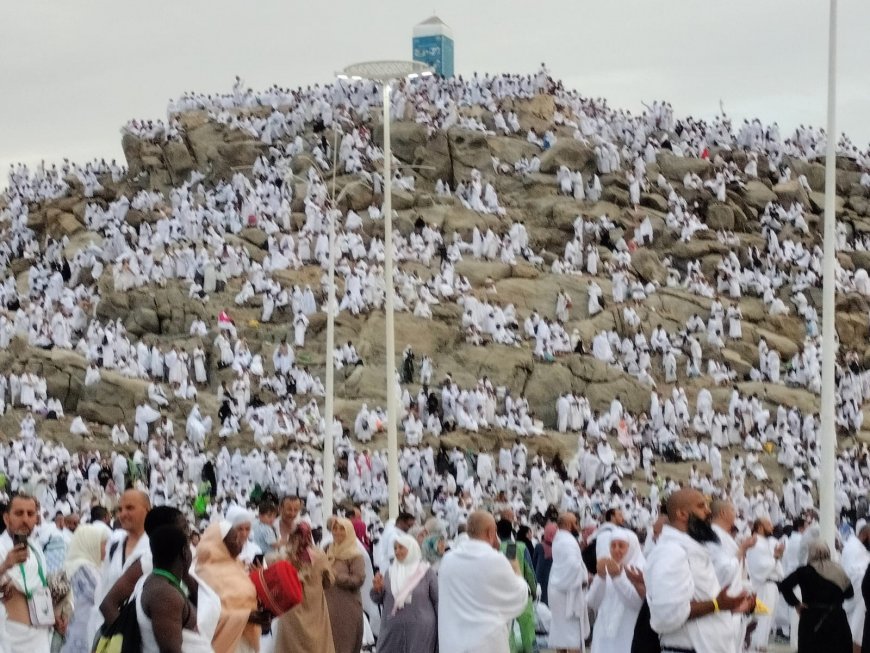
3. Garbage packaging
It is important for worshippers to check that the product you buy is plastic-free packaging or uses decomposable materials. It would be beneficial for worshippers to bring a reusable shopping bag for use at any time. When you want to buy souvenirs, you should make a shopping list of what you want to buy before going to the Holy Land. Consider the souvenirs you might be able to get in Indonesia. Another tip is to consider bringing a bottle that we can constantly refill rather than buying bottled water.
4. Recycling
Worshippers are also advised to recycle rubbish when possible. Check back to see if there are any recycle points around Makkah or Medina. If not, place your trash in a sealed bag. If you want to dispose of the waste, check again the label of the product whether it can be recycled or not. If possible, buy items that can be recycled slang or even with materials that can be recycled slang. Remember to check back when throwing the mask in the trash because generally, garbage-trash masks are not recyclable slang. Therefore, equally possible, use masks derived from natural ingredients, washable and reusable.
5. Water
Every worshipper needs to think about their water usage footprint. The trace of water use is the amount of water you consume in your daily life, including the water used to water the plants you eat. The story of Hajar and the Prophet Isma'il tentant zamzam water is a gift from Allah SWT so that water should be treated as such.
When you want to practice, pay attention to the water you are going to spend. Use no more than 700 milliliters of water or one mud so that it can make other worshippers keep track of how much water they need and how much they spend. According to Sunah Rasulullah SAW, the minimum that can be used is only about four mudd or 2.8 liters.
6. Drinking water
When tap water is available, use it instead of buying a drink in bottled boots. The extraction, transportation and packaging of bottled mineral water impacts the magnitude of the carbon footprint and incurs huge costs. Not only that, bottled bottles have a long ecological impact because the garbage is indecipherable.
7. Using clothing and textiles
Islam teaches us about the rights and obligations surrounding the hijab. Therefore, there is no reason to neglect our duties around environmental ethics. Who produces the clothes? How is the clothing company concerned with the welfare of its workers? What materials are used to make clothes? What would be the impact if we bought it?
Without answering all these questions, we cannot fulfill the duty of the proclamation to protect our fellow human beings and the nature that is enshrined to us. Clothing is the second most environmentally polluting industry in the world, even outperforming transportation. The clothing industry often causes waste both on land and in the ocean as well as greenhouse gas emissions. To that end, penning for us to pay attention to what we buy and we wear.
In the days of the Prophet Muhammad, the production of clothing was very personal, with awards even passed down from generation to generation. Unlike the current generation who throw so there after the clothes used felt outdated and outdated. Children, students and scholars would even inherit and wear robes from their parents.

